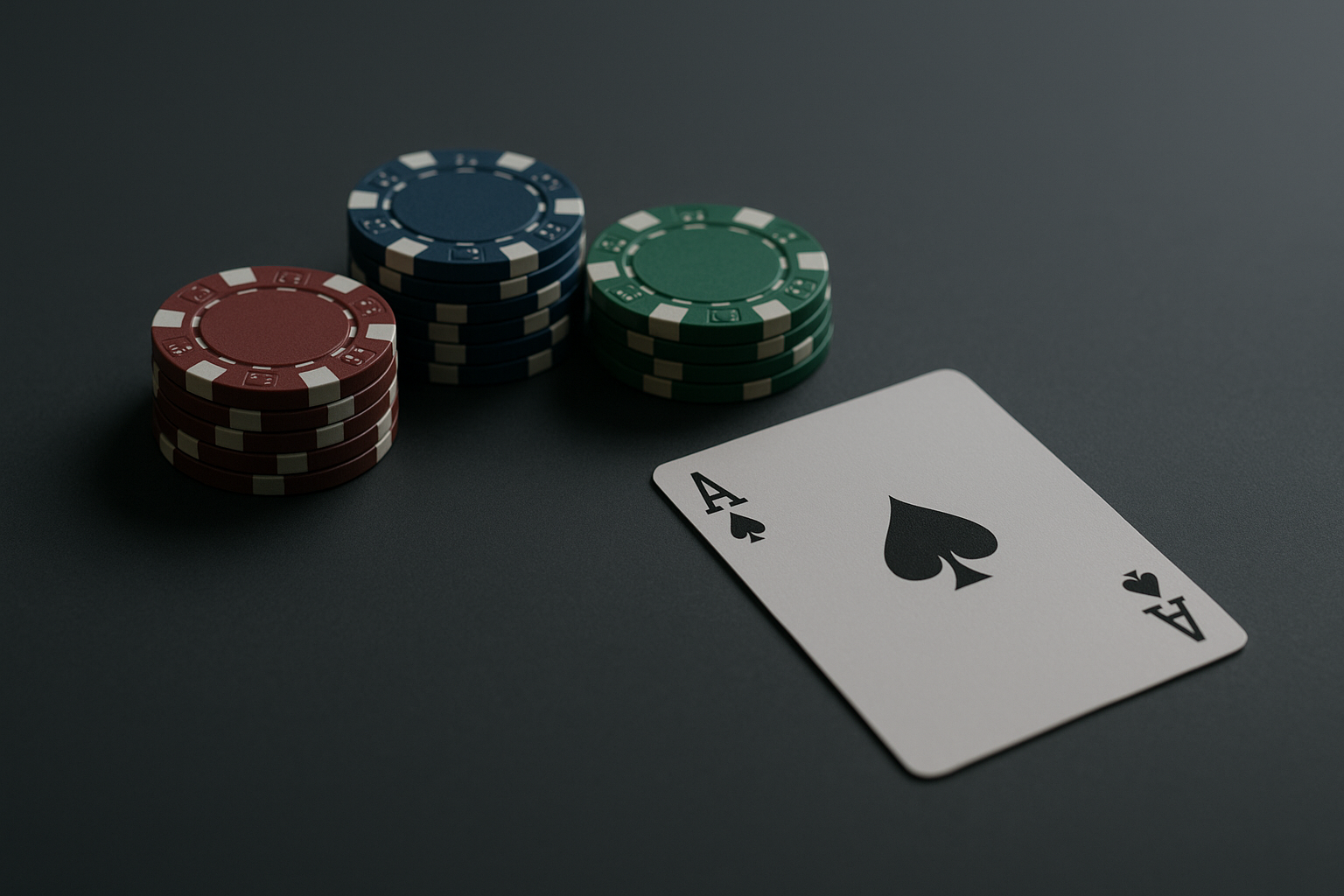
Mastering Poker Strategies for Optimal Performance
Enhancing your poker skills requires delving into sophisticated techniques that go beyond basic play. The strategic elements of positional play, opponent analysis, and calculated aggression are crucial to dominating the table. Practicing on recommended platforms can elevate your game to new heights.
Discover the nuanced aspects of advanced poker strategies that can transform your approach and increase your success at the table. Understanding these strategies not only enhances your gameplay but also places you in a better position to read and react to opponents effectively. With the proper guidance, including resources like https://starcasino.be/home, you can sharpen your skills through deliberate practice and informed decision-making.
The significance of positional play
In poker, mastering positional play is a fundamental skill that can influence the outcome of each hand. Your position at the table significantly affects your strategic decisions, as it determines how much information you have about opponents’ actions before making your move. Being in a late position allows you to observe more player behaviour, giving you a tactical edge over those who act earlier in the round.
Leveraging your position effectively means adjusting your strategy based on where you sit relative to the dealer button. Players in early positions should play more conservatively due to limited information, whereas those in later positions can capitalize on observing previous bets. This understanding allows you to make informed decisions, such as bluffing or folding, with greater accuracy.
The ability to interpret the implications of positional play enables you to maximize potential winnings while minimizing losses. Practicing this aspect of strategy ensures that you are not just reacting to others but actively controlling the pace of the game. Consistent application of these principles will steadily improve your overall performance.
Advanced players also recognize the importance of adjusting their starting hand requirements based on position. While premium hands can be played from any position, marginal hands become significantly more profitable when played from late position. This dynamic allows skilled players to participate in more pots when the circumstances are favourable, while maintaining strict discipline in early positions. Understanding these positional nuances helps create a more dynamic and profitable playing style that keeps opponents guessing.
The art of opponent analysis
Reading opponents is a pivotal component of poker strategy that requires acute observation and interpretation skills. Recognizing patterns in betting behaviour and physical tells can provide valuable insights into an opponent’s hand strength and strategy. This ability to decode subtle cues transforms how you engage with the game and enhances decision-making processes.
Techniques for opponent analysis involve careful attention to betting patterns, reaction times, and any deviations from typical behaviour. For instance, a sudden change in betting size may indicate a strong hand or an attempt at deception. By cataloging these tendencies, you can predict future actions and adjust your strategy accordingly.
Success in opponent analysis lies in accumulating knowledge over multiple hands and sessions. The insights gained through this analysis allow for more strategic bluffs, calls, and folds based on probabilistic assessments rather than guesswork. Developing this skill ensures that your poker play is rooted in calculated decisions rather than chance.
Calculated aggression and timing
Aggression in poker can be a double-edged sword; knowing when and how to apply it is key to leveraging its potential benefits. Calculated aggression involves making bold moves when they are most likely to succeed, ensuring that every bet is purposeful and well-timed. This approach disrupts opponents’ strategies and forces them into difficult decisions.
The timing of aggressive plays should be informed by factors such as table dynamics, opponents’ tendencies, and the specific context of each hand. Balancing aggression with caution prevents unnecessary risks while maximizing profit opportunities. Successful players strike this balance by staying attuned to shifts in game momentum.
Employing calculated aggression effectively requires confidence and an understanding of its psychological impact on opponents. A well-executed aggressive move can pressure opponents into folding superior hands or making costly mistakes. Mastering this strategy enhances your ability to control the game flow and dictate terms on your own terms.
